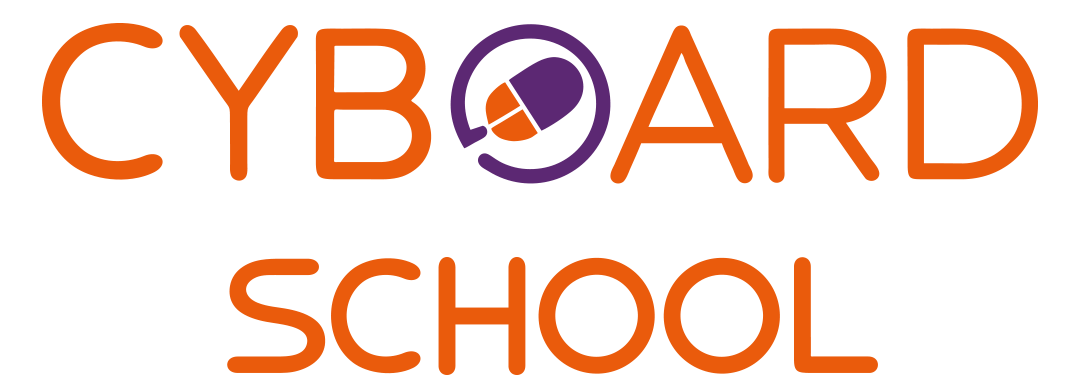The education system is meant to be inclusive and accessible for all students. However, physically disabled students often face barriers to achieving academic success. From inaccessible classrooms to inadequate support staff, traditional schools may not be equipped to meet their needs.
“A study published in the Journal of Special Education found that students with physical disabilities are more likely to miss school due to transportation barriers, such as inaccessible buses or lack of accessible transportation.“
This blog will explore whether the education system is truly equipped to support physically disabled children in traditional schools.

Physically disabled children may face a range of challenges in traditional schools. The architecture and layout of older schools can make it difficult for students to move between classrooms, access bathrooms or participate in extracurricular activities. Additionally, teaching staff may not be trained to support the unique requirements of physically disabled students. These challenges can result in a lack of access to information, limited social connectivity, and exclusion from the quality learning experience.
“The National Education Association reports that many schools lack basic accessibility features, such as wheelchair ramps, accessible parking spaces, and curb cuts, which can make it difficult for students with physical disabilities to navigate the school environment.“
Resources available for physically disabled children:
To support physically disabled children, traditional schools must provide various resources tailored to their specific needs. Schools must ensure that classrooms, hallways, and other areas of the school are accessible. Assistive devices such as wheelchairs, walkers, and crutches should be readily available for students who need them. Moreover, teaching staff should receive disability awareness training and be able to provide support to students with varying needs.
Alternative education options:
Parents of physically disabled students may enroll their children in alternative education programs like virtual schools. These options allow families to customize their child’s educational experience to their specific requirements.
Benefits of virtual school for the physically disabled students in india:
Virtual schools allow the child to learn at their own pace. They have the freedom to engage in learning without the assistance of a special instructor. They can also access the lessons anywhere that they have an internet connection. Furthermore, they can use technology to enhance their learning experience and can learn in an environment that is more inclusive, which is important for children with disabilities.

Why are virtual schools better for children with physical disabilities than traditional schools?
1.Adaptability
One of the most significant advantages of online schooling is the ability to provide students with greater flexibility when attending school from anywhere they have an internet connection. For children with physical disabilities, this means they can interact with students without being bullied in a setting that’s comfortable for them. They can take breaks and develop 21st-century skills at their learning pace. Traditional schooling may require students to attend classes at a particular place, which can be difficult for those with mobility issues.
2.Accessibility
Another factor that can make virtual schools a better option for children with physical disabilities is accessibility. Virtual schools provide flexibility to students with physical disabilities as they can learn from anywhere at their convenience. These students can adjust their schedules while making it easier for them to balance schoolwork and their passions seamlessly.
This can make the learning experience more inclusive and facilitate active participation. Traditional schools may not always have the resources or staff necessary to provide these accommodations.
3.Reduced physical burden
Virtual schools like Cyboard also reduce the physical burden on students with physical disabilities. Attending classes in a traditional school requires navigating a physical environment that may not accommodate their needs, such as stairs or inaccessible restrooms. With online schooling, students can complete coursework without leaving their homes, or they can attend virtual classes from a location that’s more accessible for them. This can reduce the stress, discomfort and pain of navigating physical barriers.
4.Online schooling provides a safer environment
Schools for disabled students in India like Cyboard school can provide a safer environment to students than traditional schooling. Virtual schools are well equipped to provide a safe and accessible learning environment for physically disabled students. They eliminate many of the barriers that traditional schools present, such as inaccessible classrooms, limited mobility, and long commutes. With virtual schools, physically disabled children can learn from the comfort of their homes on their terms. Teachers and administrators are equipped to provide specialized instruction and support, ensuring every student has an equal opportunity to succeed. Parents are more relaxed here.
While progress has been made to create inclusive learning environments for physically disabled students in traditional schools, much work still needs to be done. Many traditional schools lack the necessary resources and accommodations to support the needs of physically disabled children fully. From inaccessible classrooms to a lack of specialized instruction, traditional schools can create significant educational barriers for these children.
However, schools for disabled students in India like Cyboard school are solving these challenges by offering a safe and accessible learning environment. By eliminating many of the traditional barriers to education, Cyboard school empowers physically disabled children to achieve their full potential and contribute to society in meaningful ways.
We must continue to advocate for inclusive education and the resources needed to support physically disabled children. Online schools are a step in the right direction, but there is still much work to ensure that all children have access to the education they deserve. By working together, we can create a more inclusive education system that supports the needs of all children, regardless of their physical abilities.
Explore More on Cybaord School


